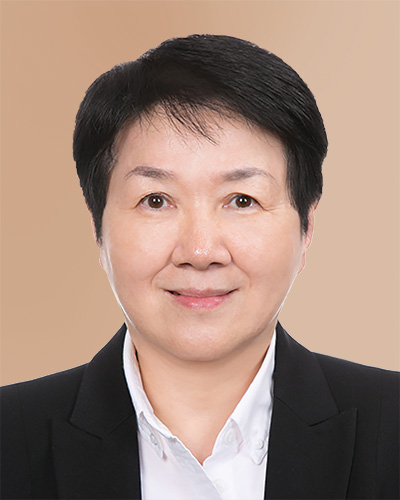
As a 17-year-old living in Hong Kong, Catherine Tien-lun Sun ’73 made a mistake that changed her life. She applied to Cornell College thinking it was Cornell University. When the college offered a scholarship, she decided to give it a try anyway. Thus Cornell provided Sun an early step on the path to becoming one of Asia’s leading advocates for psychological counseling.
Although there were only a few Asians at Cornell, Sun (pronounced “soon”) quickly made friends. Appalled by a dish the college food service called “chop suey,” she obtained authentic ingredients from a sister in Chicago and cooked real Chinese food for her American dormmates.
“Everyone was extra nice to me,” she says.
Her distance from home taught her independence, and the college “instilled in me the values of openness and inclusivity. It made me a better person.”
Sun was attracted to psychology as a teenager.
“I had a crush on a boy named Andrew, who loved psychology, so I feigned an interest in the subject. Andrew did not return my feelings, but I fell in love with Sigmund Freud.”
She majored in psychology and sociology at Cornell, then pursued those interests on returning to Hong Kong. She worked as a training officer in correctional services, taught college classes, led seminars, earned a master’s and doctorate at Hong Kong University, and opened her own consulting practice.
The focus of her work was self-fulfillment, but the overwhelming public reaction to psychological counseling was “frigid,” Sun says, partly because it was associated with mental illness. The field was largely ignored by major universities in China and throughout Asia.
Sun decided to change all that. Since the late 1980s she has written more than 30 pocket-sized books on personal growth (“Living Your Full Potential”; “About Love”; “Overcoming Shyness”). Some became best-sellers, prompting news coverage, talk show appearances, and speaking opportunities.
In 2008 she was founding president of the Asia Pacific Rim Confederation of Counsellors, which now has members from 59 countries. She helped create the association’s journal and has written three textbooks and many articles, both in English and Chinese, for academic journals.
She led the establishment of a second professional association, the Asian Professional Counseling and Psychology Association, serving members in Hong Kong and China.
Sun is often approached by younger psychologists who thank her for inspiring their career choices. Universities in Hong Kong and elsewhere in Asia now have outstanding psychology departments, Sun says.
A long association with Shue Yan College in Hong Kong turned into a full-time position in 2000 and Sun has since served as head of the psychology department, then academic vice president, and, currently, senior vice president involved largely in strategic planning. During that period, enrollment doubled to 4,000 students and the college became a university.
“Through psychology,” Sun says, “I hope to help others become more self-aware, improve their quality of life, and enjoy more fulfilling lives. Psychotherapy relieves anxiety, instills hope, and gives you faith that you can set achievable goals. If you persist in that faith, you will succeed.”
Dan Kellams ’58 has written two books set in his hometown of Marion, Iowa. His career spanned nearly 50 years in public relations in New York City, where he worked as a corporate and agency executive and, later, as a freelance writer and editor.